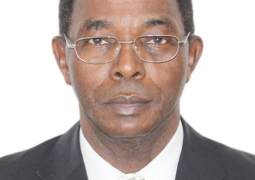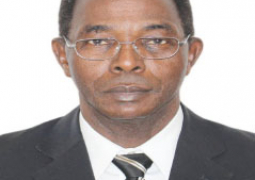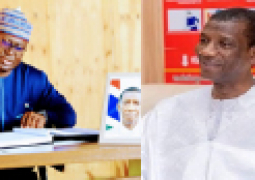The stakes were very high in the elections because Nigeria, Africa’s most populous country with an estimated population of 225 million in 2022isalso the richest country in Sub-Saharan Africa (SSA) with a Gross Domestic Product (GDP) of $1.3 trillion in 2022. Nigeria is also Africa’s leading oil producer and has the largest natural gas reserves on the continent. Besides, Nigeria has an abundance of other minerals ranging from bauxite and gold to tin and zinc spread over all the 36 States of the Federation.
Nigeria is, after South Africa, militarily the second most powerful country in Sub-Saharan Africa. In addition, Nollywood, Nigeria’s film industry now produces 2,500 films annually – more than Hollywood’s output and second only to India’s Bollywood’s production. Nigeria has also taken over the world with Afrobeats, its popular music that is making waves on YouTube, and TikTok as well as in the United States, Japan, Brazil and everywhere in between
Despite this huge potential Nigeria, the so-called Giant of Africa has faltered, especially over the past decade or so following the transfer of power to civilian rule in 1999. Despite its abundance of natural resources, Nigeria is rated a Lower Middle Income Economy in 2023, lower than Mauritius and Botswana.
Nigeria has also been plagued bycomplex and many security challenges, ranging from militant Islamist groups such as the Boko Haram and its offshoot, the Islamic State in West Africa (ISWA) in the North-East, to kidnappings and mass abductions in the North West, and farmer-herder conflicts in, mostly, the Middle Belt. In addition, there has been a resurgence of separatist groups calling for the breakaway of the South East of the country to form Biafra, over which the country fought a brutal 30-month CivilWar which ended in 1970. Nigeria also is grappling with piracy off its coast, as well as Security Sector violence against civilians.
It has not always been this way. On its attainment of Independence from Britain in 1960, Nigeria’s Prime Minister declared the country’s firm commitment to an Africa-centric foreign policy. Accordingly, Nigeria was a founding member of the Organisation of African Unity (OAU), which was transformed to the African Union in 2003. In addition, Nigeria tirelessly supportedthe African National Congress (ANC) in its fight against apartheid South Africa, as well as the liberation struggles in Namibia, Zimbabwe, and Angola.
A few days after its Independence, Nigeria contributed troops to the United Nations Operations in Congo (UNOC), and continued to do so until the four-year peacekeeping mission ended in 1964. Since then, Nigeria has actively participated in over 25 UN peacekeeping missions in various countries, including Bosnia Herzegovina, Iraq, Kuwait, Lebanon, Angola, Mozambique,Western Sahara, Rwanda, Somalia, Cambodia, India, and Pakistan.
Nigeria has also been indispensable to peacekeeping operations of the Economic Community of West African States (ECOWAS), which it helped found in 1975. Nigeria provided some $8 billion to the ECOWAS peacekeeping operations in Cote d’Ivoire, Guinea-Bissau, Liberia, Mali, and Sierra Leone, and provided over 70% of the military and civilian personnel of the ECOWAS Monitoring Group (ECOMOG) during the Liberian civil war.
Against this background, it is easy to see why Nigeria’s 2023 elections were so critical, not only for Nigeria, but also for the rest of the world, especially Africa. Given that the number of registered voter in the elections are more than the number of registered voters in all of the remaining 15 countries in West Africa combined, the elections were expected to further strengthen democracy in Nigeria and Africa.
Nigeria’s Independent National Electoral Commission (INEC) declared Bola Tinubu the winner of the presidential elections, with 8.8 million votes, followed by Atiku Abubakar with almost 7 million votes, and Peter Obi, with 6.1 million votes. Despite the high expectations, voter turnout was, at 29%, the lowest the country has ever had.
Although international observers such as the African Union, ECOWAS and The Commonwealth generally expressed satisfaction with the elections, opposition candidates cried foul, and promised to challenge the election results in court.In recognition of the highly divisive impact of the election results, President-elect Tinubu in his acceptance speechcalled for reconciliation, and promised to build a brighter and more productive society for all.We all must wish President-elect Tinubu well because Nigeria has to work or, God forbid, a catastrophe of unimaginable proportions will befall the country and adversely affect all of Africa, and indeed the world.




